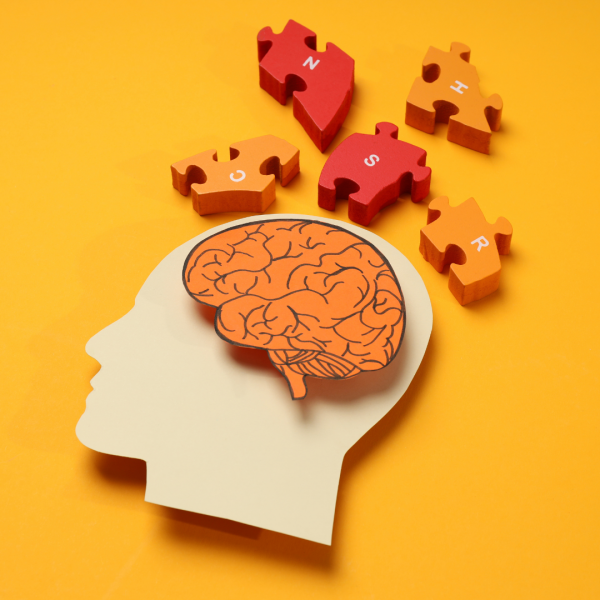Dementia is a complex condition, but that doesn’t mean the journey through it has to be devoid of joy and hope. In the UK, various innovative therapies and methods are bringing light to the lives of those affected by dementia. Let’s dive into some of these heartwarming and effective dementia therapies that are making a difference every day.

Effective Dementia Therapies in the UK
Music Therapy: The Symphony of Memories
One of the most beautiful and impactful dementia therapies is music therapy. Research in the UK has shown that music can tap into long-term memories, even when other forms of communication have become difficult. The familiar notes of a beloved song can evoke emotions and memories, providing comfort and a sense of identity.
Take the story of Mrs. Thompson, an 82-year-old from Manchester. Diagnosed with dementia, she struggled to communicate. But when a music therapist played “Moon River,” her favourite tune from her youth, her eyes lit up, and she began to sing along. Music transcends the barriers dementia creates, offering moments of clarity and joy.
Art Therapy: A Canvas of Expression
Art therapy offers another creative outlet for dementia sufferers. Engaging in painting, drawing, or sculpting helps maintain fine motor skills and provides a means of expression when words fail. UK-based initiatives like the “Art in Mind” project encourage dementia patients to explore their creativity.
Consider Mr. Evans, a former teacher from Birmingham. His dementia had made verbal communication challenging, but through weekly art sessions, he found a new way to express his thoughts and feelings. His family discovered insights into his inner world through his colourful and expressive artwork.
Pet Therapy: Furry Friends to the Rescue
Who can resist the wagging tail of a friendly dog or the purr of a contented cat? Pet therapy has proven to be a fantastic way to reduce anxiety and improve the emotional well-being of dementia sufferers. UK studies have highlighted the positive effects of interactions with animals.
Pets offer unconditional love and companionship, which can be especially comforting for those with dementia. The “Pets as Therapy” organisation brings trained therapy animals to care homes, brightening the days of many residents. For instance, Mrs. Green, a resident in a London care home, found great joy in her weekly visits from Bella, a gentle Labrador. These visits provided her with comfort and a sense of connection.
Reminiscence Therapy: The Past Revisited
Reminiscence therapy involves discussing past experiences and memories, often aided by photographs, familiar objects, or even smells. This therapy can enhance mood and cognitive function, grounding dementia sufferers in their personal history.
In the UK, reminiscence groups like “Memory Lane Cafés” bring together individuals to share their stories. Mr. Patel, a former postman from Leeds, attended one such café. The group discussions about childhood games and old songs helped him connect with others and provided a sense of belonging and nostalgia.
Cognitive Stimulation Therapy (CST): Keeping the Mind Active
Cognitive Stimulation Therapy (CST) is a structured program designed to improve cognitive function in individuals with mild to moderate dementia. Developed in the UK, CST involves group activities that challenge memory, problem-solving, and language skills in a fun and engaging way.
Take the example of Mrs. Wilson, a retired nurse from Glasgow. She participates in a CST group where she engages in puzzles, word games, and discussions. These activities not only help maintain her cognitive abilities but also provide social interaction, which is crucial for mental health.
Dementia may bring challenges, but it also opens the door to new ways of connecting and experiencing joy. The UK is at the forefront of developing and implementing innovative dementia therapies that enhance the quality of life for sufferers and their families. From the healing power of music and art to the comforting presence of pets and the stimulating effects of cognitive activities, there are numerous ways to support those on this journey.
By embracing these therapies and remaining hopeful, we can help ensure that individuals with dementia continue to lead fulfilling and meaningful lives. So, let’s celebrate the small victories, cherish the moments of clarity, and find joy in the journey together.
If you or a loved one would like to know more about the types of therapy we provide here at Me2U, please get in touch with our friendly centre staff today.
Read similar blogs from us here.
Recent Posts
- Understanding Dementia: What It Is, Its Impact, and How to Support Your Loved Ones
- Autumnal Activities for Dementia Patients: September’s Dementia Therapies
- The Best Therapies for Dementia Patients in the UK
- Engaging Activities for Dementia Patients: Keeping Fun and Connection Alive at Home
- Caring for the Caregiver: Ensuring the Well-being of Those Who Care for Dementia Patients



